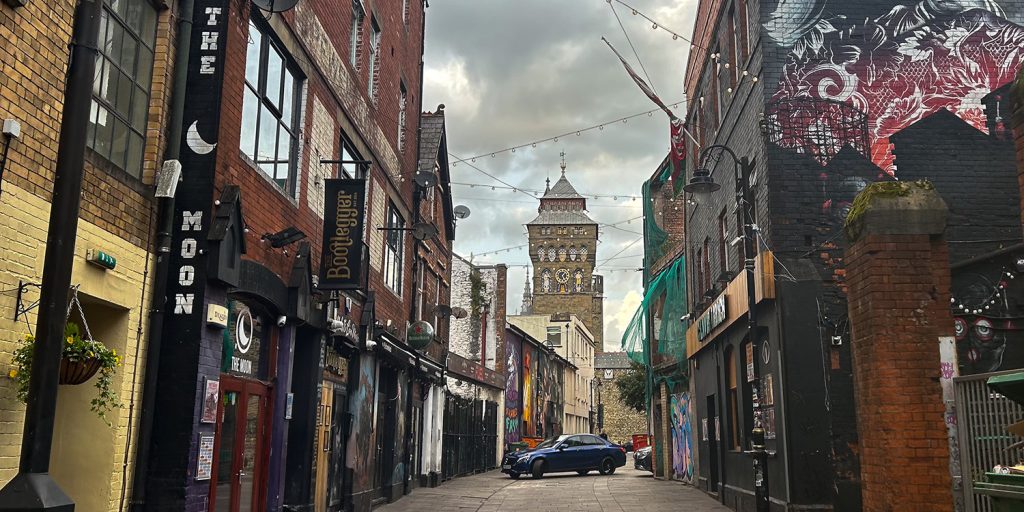Council has announced a new fund to help Cardiff music venues, but it may be out of reach for small businesses with limited time and resources

Cardiff Council have announced a new fund to help Cardiff music venues. The fund will be supporting small music venues by making them more financially and environmentally sustainable, but it it accessible for small businesses?
The shared prosperity fund is part of the UK government’s Levelling Up strategy which focuses on supporting the private sector and boosting productivity, pay and jobs.
The new Cardiff Grassroots Venue Fund sets out to support existing venues by improving their financial and environmental sustainability. This means considering the environmental and social impacts of the business when granting investments.
According to Cardiff council’s website, the venues must be based within Cardiff local authority and be: “An established business that has been trading more than two years.” The venue’s primary purpose must also be for cultural performance.
The fund will consist of capital grants from £1,000 to £10,000 according to the guidelines. The applicants will also need to prove that the funding can contribute to the economic, social, cultural and environmental wellbeing of Cardiff.
The specifications state the applying venue must also be “an SME” (small and medium-sized enterprises), meaning they have fewer than 250 employees. “Business applications will be considered for investments that link with the city’s Stronger, Fairer, Greener Recovery Strategy and the Cardiff Music Strategy” according to the council, indicating it will aid job creation and safeguarding.
There are many other requirements that the businesses must meet to qualify for the fund to help Cardiff music venues. Some music representatives worry that for funds such as this there are too many hoops for small businesses to jump through, who may not have the time or resources to apply for the fund, since they have to be SMEs.
There are, however, broad limits to what the fund can be spent on, including: “Machinery and equipment; reduced energy consumption and CO2 reductions; increased venue accessibility.”

Beverly Whitrick, COO of Music Venue Trust, a UK charity dedicated to protecting and improving UK grassroots music venues, commented on the proposal stating: “We welcome funding opportunities that can support grassroots music venues. We look forward to receiving more detailed information about this particular fund.”
The application process is long-winded and does not offer much detail as to how it can help local businesses. While the fund may improve accessibility of venues for the public, at this time the application process does not seem easily accessible to small businesses with time and staffing pressures.
